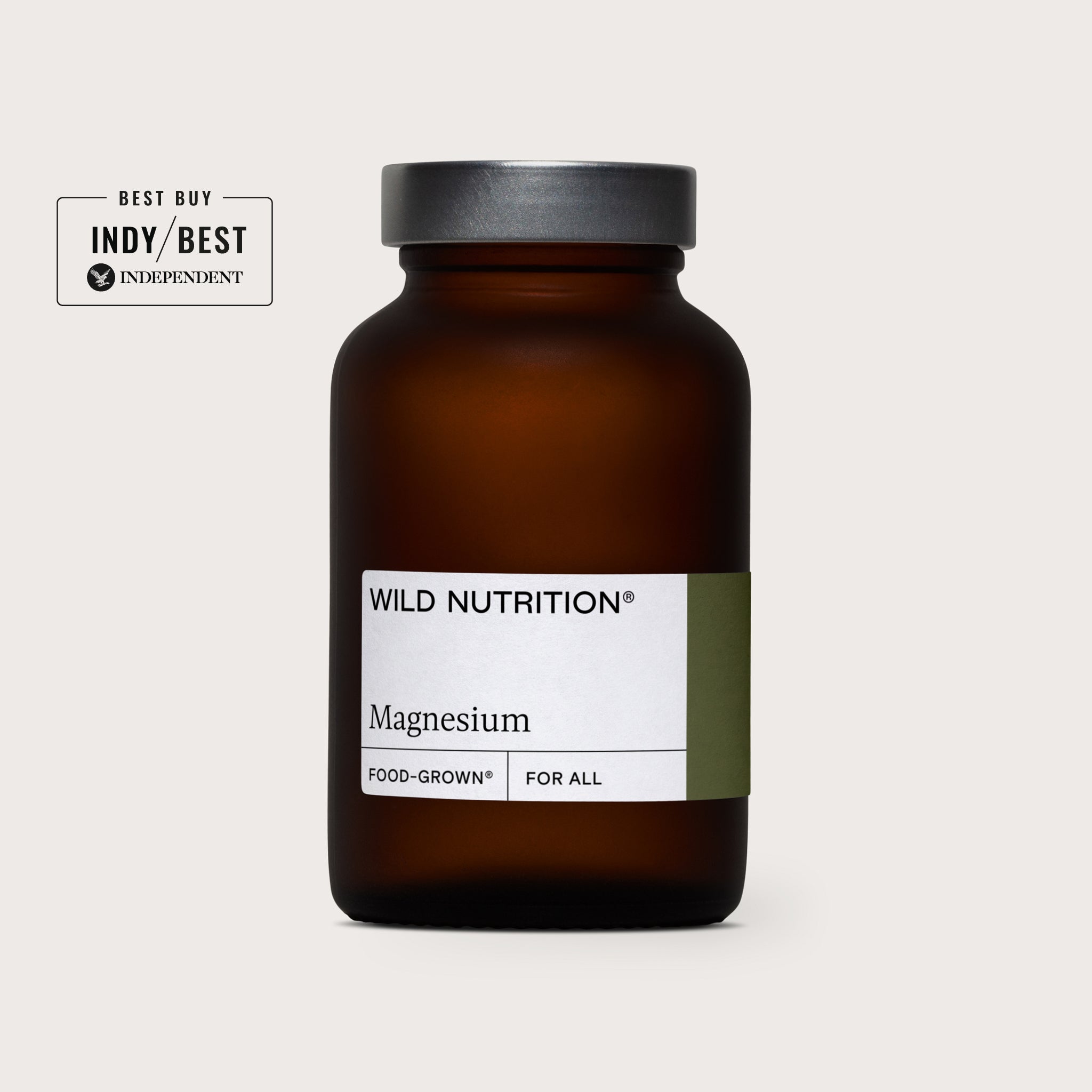
How to hack plant points in your diet
NICOLE SILVER, Nutritional Therapist at Wild Nutrition
What are plant points?
Simply put, plant points are a way of counting each different plant you eat throughout the week to encourage diversity within the diet and support general health.
But plant points are not just about fruits and vegetables. Nuts, seeds, herbs, spices, beans and legumes all count as plant points. Different colours and varieties of the same fruit or vegetable count as a new plant!
What are the benefits to our health from increasing the plants in our diet?
The increase in the quantity and diversity of plant foods feeds the healthy bacteria in our guts, encouraging bacterial diversity, which in turn supports our digestion, bowel movements, immune system and even how our body balances blood sugars. They also provide other health promoting properties such as antioxidants, which is how our body fights off cellular damage and inflammation. A diet high in antioxidants has been shown to reduce the risk of many diseases.
Where did this originate from?
The plant points theory came as the result of a research project of 10,000 participants called the American Gut Project, whose aim was to study the gut microbiome in relation to health and disease. Part of the study found that those participants who ate 30 or more different types of plants per week had more diverse gut microbiomes which indicated a positive outcome for their health. And it was this number that seemed to be the tipping point in making the most significant difference in participant's health.
How many plants should we aim for?
As the study showed, the magic number we are aiming for is 30+ plant foods per week. Each portion of fruit, vegetables, beans, legumes, whole grains, nuts and seeds counts as one point. And remember if you eat a different variety of the same plant, that counts as a separate point, for example, a purple carrot and an orange carrot count as separate points. However, if you eat 2 red apples, that is still only 1 point as it’s the same variety.
Spices, herbs, garlic, tea, coffee and extra virgin olive oil count as a ¼ point per serving
Fresh, tinned, dried and frozen plants all count.
We are not suggesting you have to be plant based, vegan or vegetarian. Whichever diet model or pattern you follow, EVERYONE will benefit from increasing their intake of plant foods.
This number may seem quite daunting for some people so here are some tips to increasing your plant points over the week:
- If you are not used to eating many fruits and vegetables, then go slowly with building up the amount you are eating so as not to cause any adverse digestive effects. Aim to increase your intake by 1 plant per meal and build up slowly from there.
- Make yourself a mixed jar of nuts and seeds with at least 4 different varieties of nuts/seeds. Use these to sprinkle onto your breakfast, salad of vegetables with supper or even use as a tasty snack with a piece of fruit or raw vegetable for some extra plant points.
- Increase the amount of vegetables you use when making pasta sauces. Rather than just onion, celery and carrot, try adding mushrooms, red pepper and/or fennel.
- Tray bakes, stews and soups are a great way to get lots of vegetables into one meal, try increasing the amount of vegetables, beans or legumes you use by 1 or 2 every time you make one.
- Use spices, and herbs with your cooking and also as a garnish. Remember that dried and fresh both count.
Here’s an example menu to give you some inspiration:
Breakfast: Chia pudding; chia seeds, sunflower seeds, flaxseed, almonds, hemp seeds, cinnamon and kefir topped with blueberries and raspberries - thats 7.25 plants in breakfast alone.
Lunch: Shakshuka; tinned or jar tomatoes, red, yellow and orange peppers, red onion, garlic, parsley, paprika and cumin, egg, spring onion and avocado to top = 9 points.
Dinner: Curry; butternut squash, chickpeas, coconut milk, chilli, fresh ginger, white onion, garlic turmeric, spinach, coconut flakes, tomatoes, coriander, black pepper = 9 points.
Snacks: A handful of cashew nuts and hazelnuts with an apple = 3 points
Drinks: Peppermint tea in the morning, Green tea mid-morning, Fennel tea after lunch, chamomile tea in the evening before bed = 1 point.
If you would like to read more about how to support your diet and gut health, check out our blog posts: The Importance of Supplements in the Modern Day Mono Diet and 5 Natural remedies for healthy digestion.
And if you would like further support book a free 15 minute call with our in-house expert team of Nutritional Therapists.












